Living with HPP: Sara M.
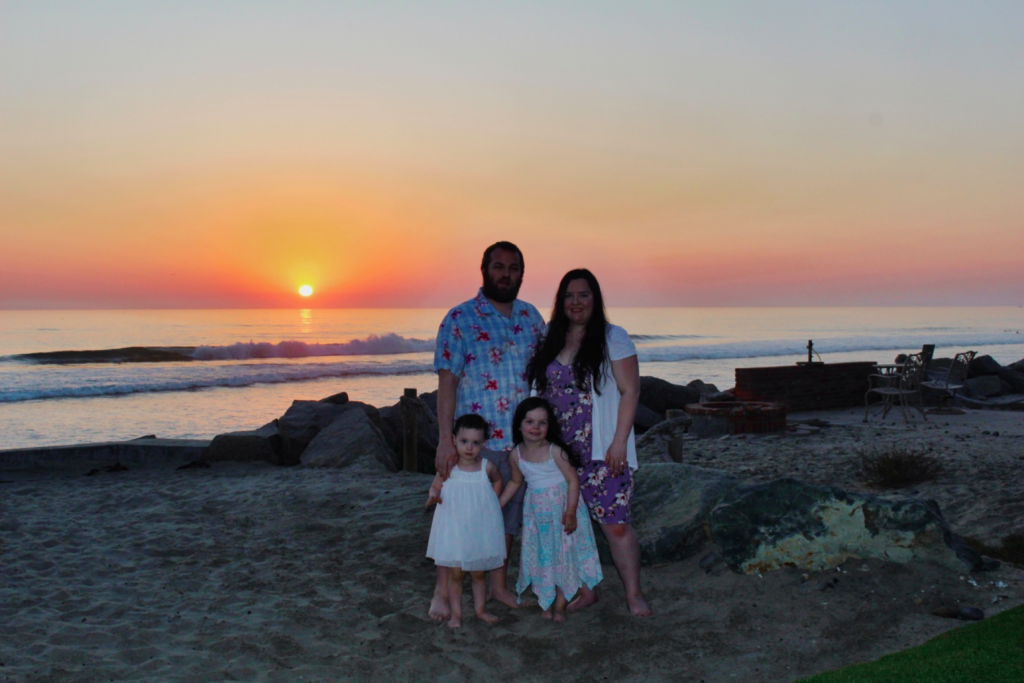
My name is Sara and I have Hypophosphatasia (HPP). I am an individual with a rare disease, a fiancé and mother to two toddlers, a psychological scholar and research assistant, a board-certified and licensed behavior analyst, and an advocate presently working to affect legislation for the Autism community. In my spare time, I enjoy socializing with friends and family, singing, decorating, and paper crafting.
My HPP journey began as a young child, although I did not know it at the time. As a child, I experienced frequent fractures in my feet and I had difficulty physically keeping up with my peers. While my friends loved spending the day at a theme park, such a venture was (and continues to be) quite difficult for me. I recall avoiding P.E. activities in school as much as possible and that wearing high heels was out of the question.
As a child, my very low blood serum alkaline phosphatase levels prompted my pediatrician to refer me to a gastroenterologist who told me, “Low ALP is not a problem.” I sought care from many specialists as a teen and young adult in an attempt to find out why I experienced ongoing symptoms, including significant bone pain and fatigue. I was told by providers that I was “just clumsy,” my symptoms were “psychosomatic,” and that I was “just flat footed.” Unfortunately, none of the providers were able to fully comprehend my clinical presentation, a pattern that is retrospectively glaringly obvious in the context of HPP.
I was finally formally diagnosed with HPP in 2019, at the age of 32, and as the result of positive family history. Upon being diagnosed, I was initially surprised to find out that I have a degenerative rare disease. However, as I learned more about HPP, the diagnosis made sense because it described me perfectly. Some of my current symptoms include low ALP, high B6, multiple fractures, bone pain, teeth issues, fatigue, kidney problems, gait changes, and peripheral neuropathy. After years of being dismissed by doctors, I was relieved to have a diagnosis. I was even more pleased to learn there is a treatment!
However, even with a diagnosis, I continued to face challenges with access to adequate medical care in Nevada, where I currently reside. Almost none the providers I saw had ever heard of HPP and if they had, their knowledge of the disease process was extremely limited. Insurance options here further limited my ability to travel for expert evaluation and treatment. As a result, I leaned in on research articles and support groups, such as Soft Bones, to educate myself. Patient stories and resources provided through Soft Bones have been vital for my rare disease journey. After over a year post-diagnosis, I was very recently able to find specialists who took the time to learn about HPP and I hope to start treatment in the near future.
I would advise anyone newly diagnosed to advocate for yourself, utilize all available resources, connect with others in this community, seek support from loved ones, ask for help when needed, and continue to enrich your life with things that make you happy. Know that that while the available information about HPP can be initially overwhelming, there is an amazing community behind efforts for advocacy, research, education, and support.
My hope for the HPP community is ongoing research, increased accessibility for treatment, ongoing efforts to educate the medical field, and a cure. I hope that by telling my story, participating in research, engaging in advocacy, educating my providers, and supporting others, I can play even just a small role in helping to achieve our communal goals.


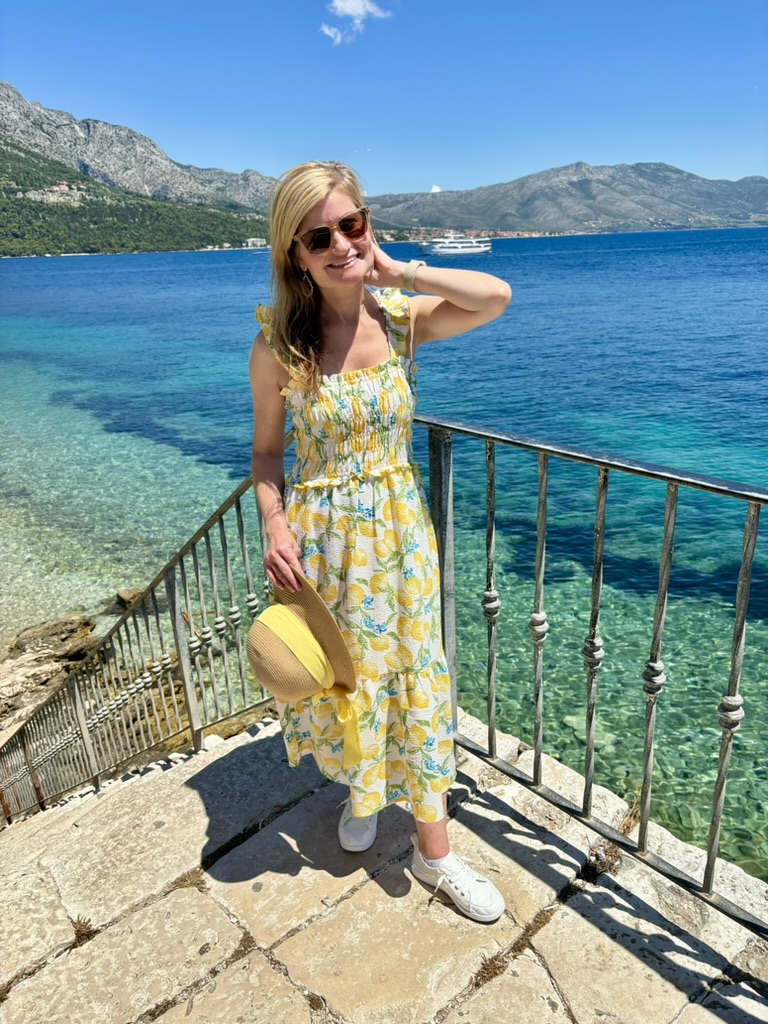
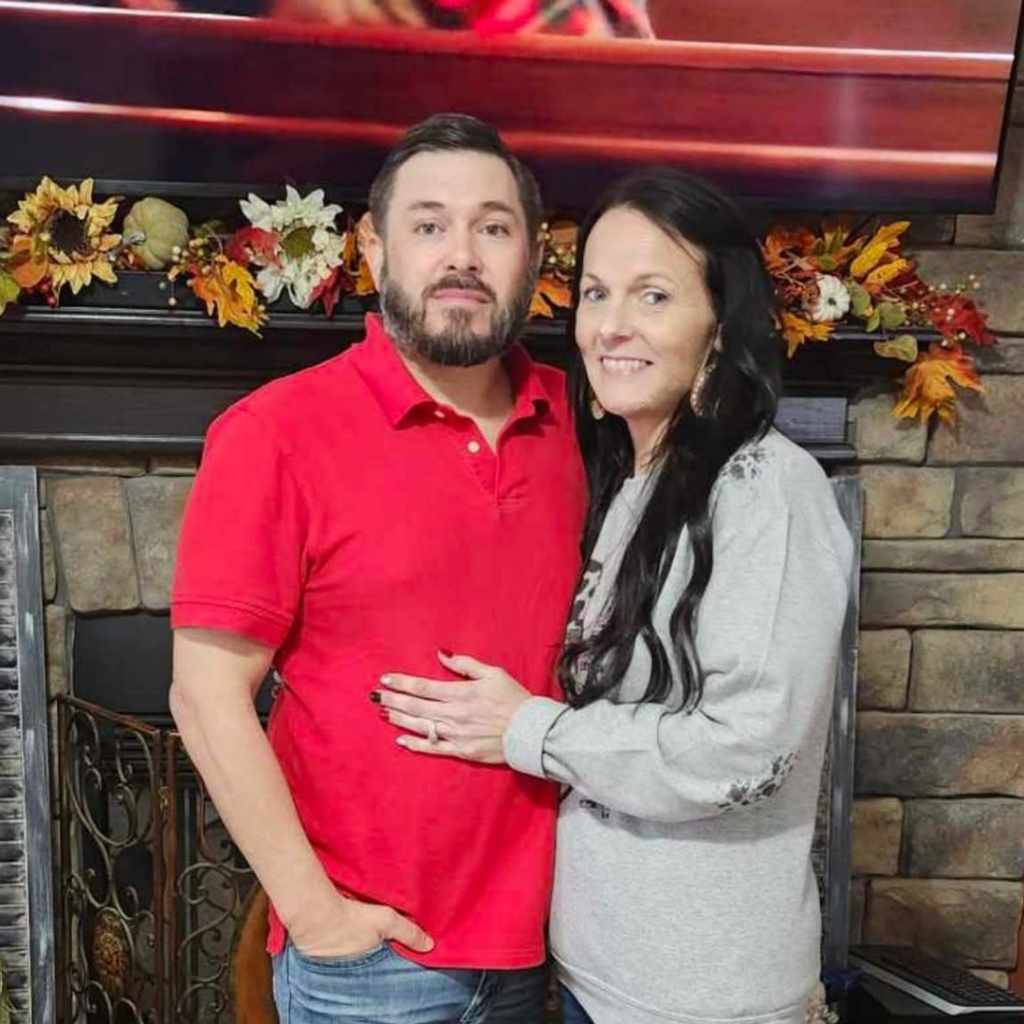

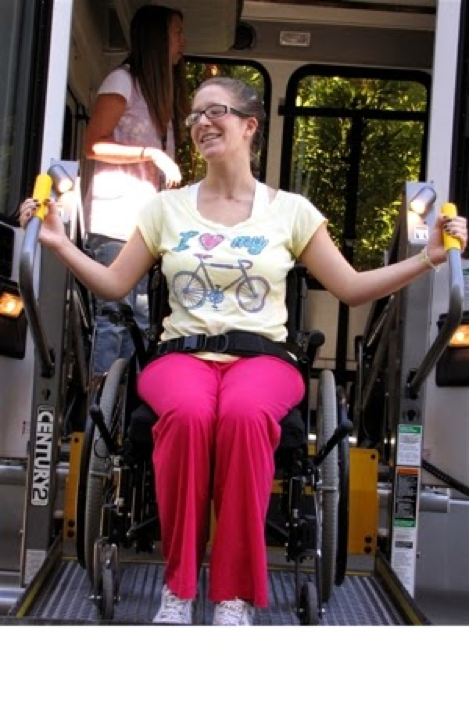
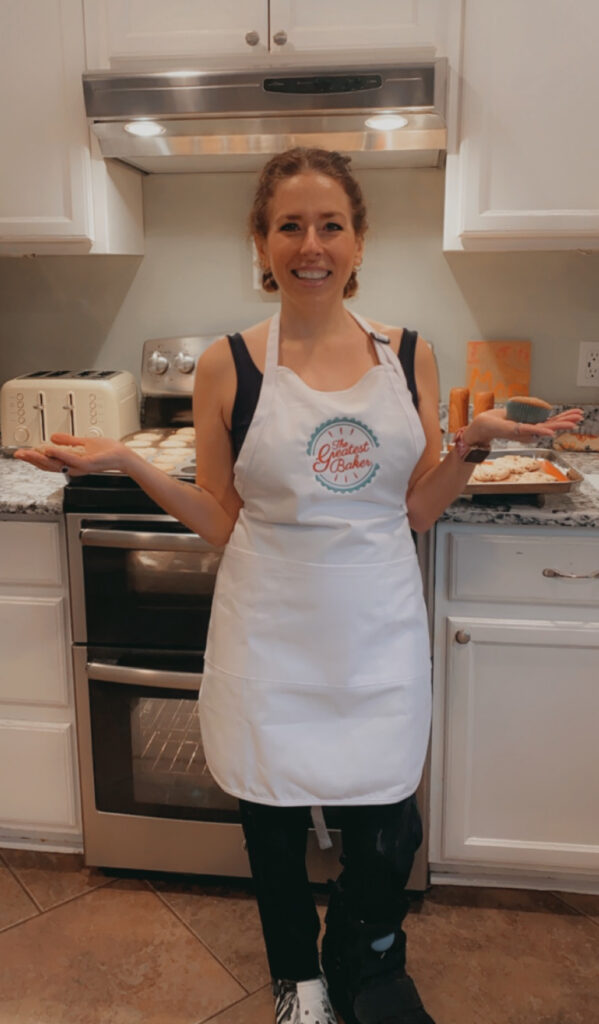
Responses